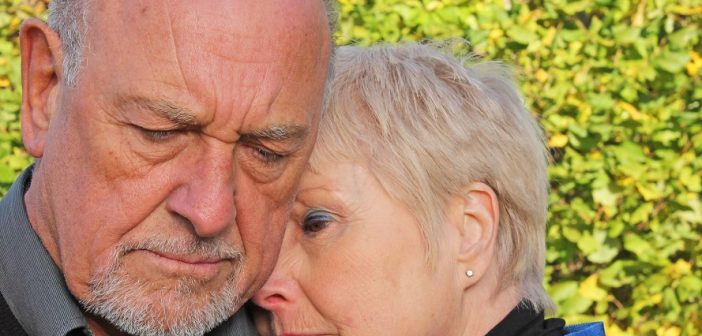Few things hurt as much as watching a loved one struggle with addiction and recovery. If you’re going to walk with them on the journey of recovery, understanding addiction and what your loved ones are going through. Effective support begins by understanding addiction and how it affects you both. Help them identify those behaviors that promote recovery and end poor behavior patterns. Perhaps the most difficult of all, you must be able to enforce the consequences of addictive behavior.
How Addiction Alters the Body and Mind
No one chooses to be an addict. Addiction alters the way the brain processes rewards for behavior; it places greater emphasis on the reward than on the risk or consequences. Addiction changes the way a person thinks. The link between behavior and reward increases if the behavior’s absence produces negative symptoms, as in narcotic withdrawal.
Addiction impacts everyone around the addict, who often blame themselves for the addict’s behavior. Addiction doesn’t just change the way an addict thinks, it changes the way that others think about the addict. Addiction is a disease, and it is this disease that causes destructive behavior. Learn to see destructive behavior as the compulsion of a disease and not a deliberate choice.
Make Good Choices That Lead to Recovery
Get your loved one into programs that help them recover. Addiction recovery programs like those at Austin Rehab Center provide addicts and family members with the support structure they need to change addictive behaviors and the education to recognize those behaviors. Supporting the recovery process does not cause the addict to recover or remove the compulsion toward addictive behavior. It only provides the ability to begin to get better.
Part of the recovery process involves recognizing the patient’s own responsibility in recovery and not making excuses for addictive behavior. Encourage your loved ones to remove themselves from those situations that are harmful and intentionally place themselves where they can be held accountable. Help them form good habits that will replace harmful addictive behavior and refuse to accept excuses that shift the blame away from the disease.
Step Away from the Situation
Your role in helping your loved ones recover from addiction is to support and be there for them. You cannot do the hard work of recovery for them. It’s not your fault that your loved one has fallen into addictive behavior and it’s not your place to force them to change their ways. Your loved ones want to recover but they have to achieve sobriety on their own.
It’s the hardest thing in the world to watch a loved one suffer while trying to do the right thing. You both want them to be able to walk the road of recovery on their own. It involves risk. Recovery from dependency is never quick or easy and most people will have trouble with the commitment to sobriety. Affirm your commitment to your loved one, but allow them to do the hard work themselves.
Loving Through Failure
Let your loved ones suffer the consequences of their addiction without being judgmental but without sheltering them either. Protecting an addict from harmful consequences sends the message that you condone their behavior and reinforces the cycle of addiction that links behavior and reward in their mind. You can help them break that cycle by allowing the negative consequence to become linked with the addiction so that they recognize the signs of the disease.
You also need to learn when to recognize the line between helpful and harmfully protective. It’s never easy to watch your loved ones suffer. The disease of addiction impacts your own life and can cause you make excuses for why you need to intervene “just this once.” When helping your loved ones on their road to sobriety harms you or enables further addictive behavior, it’s time to back off, let them fail, and simply love them through the consequences.
A Journey, Not a Destination
Understandfrom the beginning that sobriety is a journey to recovery. Your loved one will never reach a state where they are no longer in danger of falling into addictive behavior. You can absolutely empower them to stay sober through your support in the middle of their circumstance. Recognize that addiction is a disease that will impact you both. Identify and promote behaviors that reinforce recovery. Allow the natural consequences of an action to impact your loved ones so that they become stronger. Most important of all, love them through the process and assure them that you are on this journey together.




